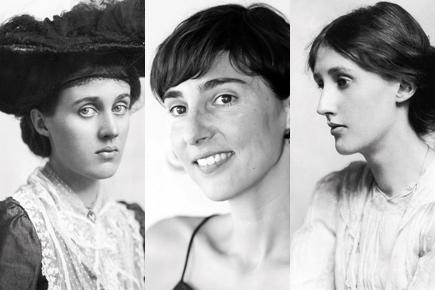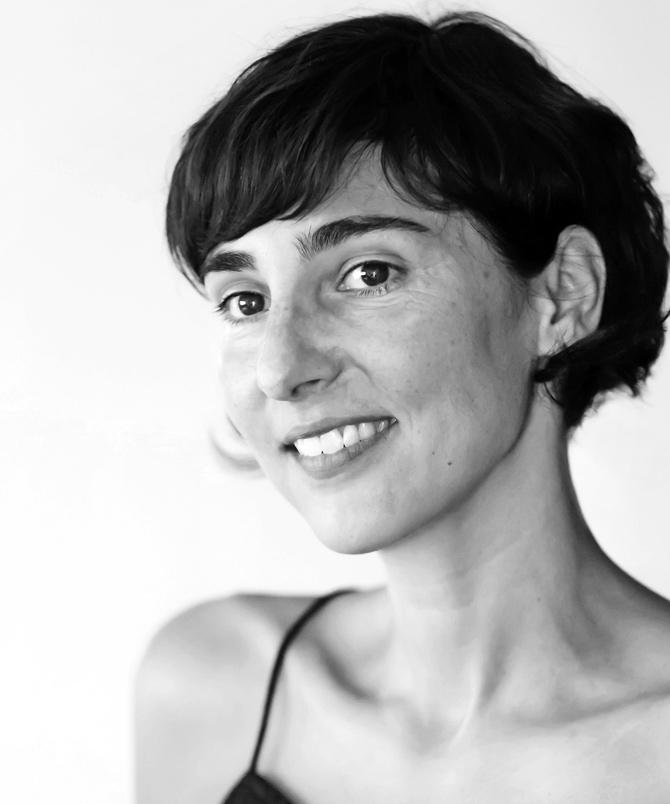Priya Parmar's book, on NYT’s top titles of 2015, tells the tale of Vanessa Bell and sister Virginia Woolf, and a third character — jealousy

Artist Vanessa Bell, Priya Parmar, Writer Virginia Woolf
ADVERTISEMENT
Priya Parmar realised that she wanted to know everything possible about painter Vanessa Bell after she chanced upon a letter Bell wrote to art critic Clive Bell in 1905. Clive was asking her to marry him, and she refused. "Her ‘no’ is so modern, not like a lady saying no to a man in 1905. This letter could have been written last week. I needed to know her better," says Parmar in a telephonic chat from London, her base when she isn’t in Hawaii for half the year.

Artist Vanessa Bell. Pic/Getty Images
The letter, and resultant curiosity led Parmar, 38, to write Vanessa and Her Sister, a book that’s on the "you need to read" lists globally. Published by Bloomsbury India and released last month, it took six years to write and is about Bell, her troubled relationship with her more famous sister, Virginia Woolf, and the lives of other intellectuals of the time including Roger Fry, EM Forster and Molly MacCarthy, also known as the Bloomsbury Group. "It is about the time when none of then were still famous... just struggling. So, it’s an interesting time when they are normal."
Also read: Priya Parmar's novel in NYT's 100 most notable books of 2015

Priya Parmar
Parmar, born to an Indian father and Californian mother, is an American citizen married to a Britisher. Before she turned writer, she worked in publishing and with Vagina Monologues fame playwright and activist Eve Ensler.
Vanessa and Her Sister, although fictionalised is based on facts, says Parmar. "The chronology is fact. I haven’t put them in a place where they don’t belong. The emotional landscape is fiction... even though steeped in reality." Parmar, a doctor in literature and theatre from Oxford, spent two years on research.

Writer Virginia Woolf. Pic/Getty Images
The juiciest chunk of the book arrives when Woolf’s jealousy, which arises when her sister gives more attention to Clive Bell, her husband. Parmar says Woolf’s public mythology may be misleading. "Though she was charismatic, she was also really dangerous. She could be very mean to people close to her. She literally stole her sister’s husband." Parmar recalls reading a letter Woolf wrote to her friend, Violet, where she says that although she hadn’t yet come between her sister and her husband, it would not take too long. "This is pure fact. After almost 15 years, she said that the only thing that turned the knife in her was what she did to Vanessa." Parmar notes that Bell never discussed the issue. "It’s only later, when her daughter Angelica Bell wrote her memoir that she mentioned seeing her mother and aunt together and recalling that her mother was distant, and Woolf seemed desperate for forgiveness."
The reaction Parmar has been receiving have been overwhelming. If she wondered if fans of Woolf would hate her book, her fear was unfounded. "They loved the book, and that means a lot." But what really counted was that Virginia Nicholson, Vanessa Bell’s granddaughter, supported the effort. "That’s been the greatest thing ever," says Parmar.
 Subscribe today by clicking the link and stay updated with the latest news!" Click here!
Subscribe today by clicking the link and stay updated with the latest news!" Click here!







